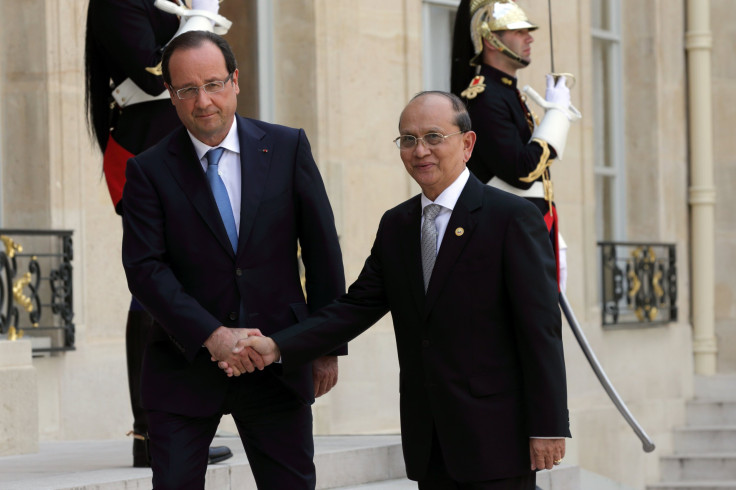EU Trade Preference Grants Myanmar Duty-Free And Quota-Free Access To European Markets

Just three months after lifting sanctions against Myanmar, the European Union has boosted trade relations with the Southeast Asian country by giving it an “Everything But Arms” trade preference, which will grant the Burmese duty-free and quota-free access to the European market for all products except for arms and ammunitions.
The trade preference will be applied retroactively as of June 13, 2012, the day the International Labor Organization first recognized progress in the labor rights situation in Myanmar, according to a press release from the European Commission. The EU’s trade preferences had been suspended since 1997 because of forced labor and other repression of workers by the junta then in power.
The press release cites Myanmar’s “recent efforts to improve the political, social and labor environments” as reason for restoring trade benefits. “Everything But Arms” is part of the EU’s “Generalized Scheme of Preferences” to help developing countries boost their economies with tariff preferences for their exports to the EU.
Myanmar will benefit from the scheme as a “Least Developed Country,” as defined by the United Nations, according to the press release.
"Trade is fundamental to supporting political stability and the EU's trade preferences mean we will give this reform-minded country priority access to the world's largest market,” said Karel De Gucht, the EU trade commissioner. “This has the potential to make a huge difference to the country's economic development and to bring real benefits to the people there. The EU is also going to help Myanmar boost the capacity of both public and private firms to make use of these new opportunities."
The European Commission and the European Parliament approved the legislation granting the trade preferences last Friday, after the commission’s decision on April 22 to lift all trade sanctions against Myanmar, except for the arms embargo.
Subject to approval of the relevant certificate of origin, exporters in Myanmar will be able to claim back the import duties paid since June 13, 2012.
In 2012, Myanmar’s exports to the EU totaled 164 million euros ($214.45 million), only 3 percent of the country’s total exports to the world, and just 0.01 percent of the EU’s total imports. Most of Myanmar’s exports to the EU are clothing.
© Copyright IBTimes 2024. All rights reserved.





















